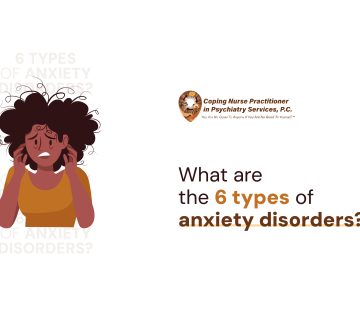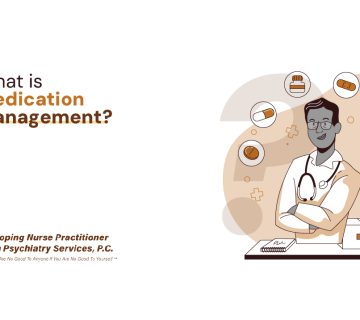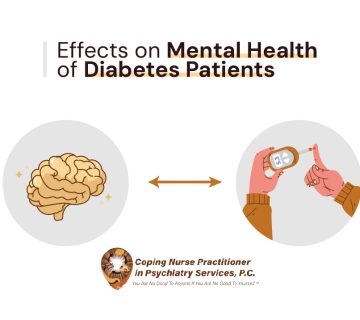There are several myths surrounding psychotic disorders, however, the majority of these stigmas are inaccurate and potentially harmful to those experiencing them. Such as someone with a psychotic disorder is crazy or dangerous. Simply put, a psychotic disorder means you’ve lost touch with reality, but it doesn’t mean you’re unreachable.
Psychotic disorders tend to be episodic, meaning that you may not experience all of the symptoms all the time. But you can learn how to manage their triggers and seek assistance with medication to make living with a psychotic disorder feel more manageable.
Take a moment as Dr. Judy E. Vansiea of Coping Nurse Practitioner in Psychiatry Services in Uniondale, New York, debunks some of the most common myths about psychotic disorders.
People with psychosis are dangerous
One of the most prevalent myths about psychosis is that all people with psychotic disorders are dangerous or “evil.” This is simply not true.
Hollywood likes to tell stories about people with psychotic disorders, often portraying them as killers. Most people with psychotic disorders don’t have urges or impulses to harm anyone else, though they may be at risk of harming themselves.
People with psychosis are ‘crazy’
Anyone can develop psychosis. There’s no such thing as a “typical” person with psychosis; you can’t usually spot them based on how they look or how they’re dressed. It’s just another form of mental illness that needs to be treated, but often it has no bearing on an individual’s worth as a human being.
People with psychosis are all the same
You may have an image that comes to your mind when you hear the word “psychosis,” but it’s probably wrong.
People who have psychosis aren’t all the same. Some people with psychotic disorders may see or hear things while others may feel like something’s crawling on them when nothing is there.
Other people may be more likely to notice that something’s unusual about your behavior before you do. Among the most common symptoms of psychotic disorders are:
- Visual hallucinations
- Auditory hallucinations
- Tactile hallucination
- Severe disorganization
- Speech that doesn’t make sense
- Possibly being in a catatonic state (a lack of movement and communication)
In many cases, psychotic disorders are temporary. They’re more likely to be triggered by traumatic events in your life, such as experiencing an assault or the death of a loved one. They also may be caused by substance abuse. You may also have a sudden onset at times too due to a medical illness, infection or a medication adverse effect.
Psychosis doesn’t mean you’re a ‘psychopath’
One of the most common and unfortunate myths about psychotic disorders is that it’s the same thing as being a psychopath. This isn’t true. Psychopathy is a disorder unto itself, with certain behaviors most likely associated with it. Being a psychopath is generally not equal to having psychosis.
There’s nothing you can do
Psychotic disorders are not uncommon; an estimated 3% of the population experiences a psychotic episode at least once in their lives. But if you have a psychotic episode, you don’t have to suffer alone with it, and it doesn’t mean it will be a lifelong problem.
Medications and therapy are usually sufficient in combination to help you get through your episode of psychosis. It’s important to treat the underlying problem or trigger. You can go on to live a full and productive life.
You can get effective treatment if you’ve experienced a brief period of psychosis. Contact Dr. Judy E. Vansiea at Coping Nurse Practitioner in Psychiatry Services or request an appointment online. Ask about telehealth services as well.





No comment